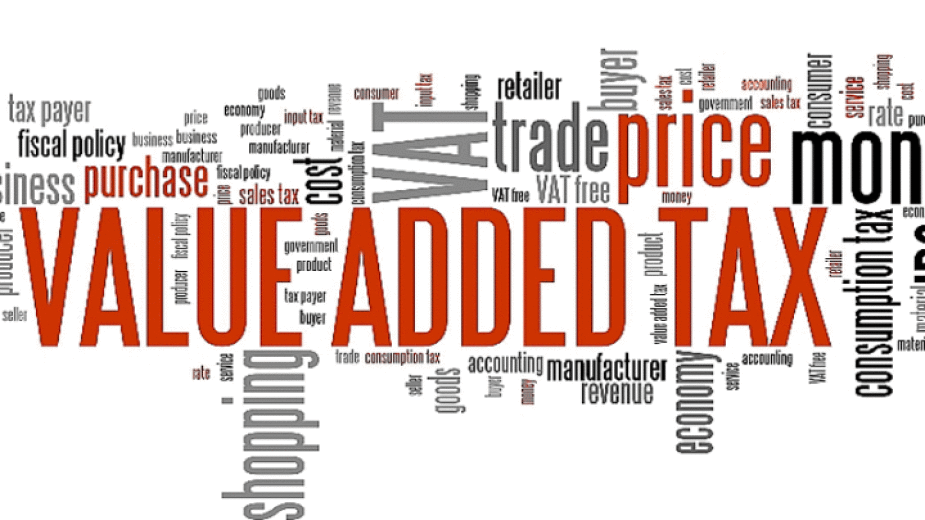Financial analysts have described the proposed Communication Service Tax Bill as a misadventure and would only serve to overburden consumers who already bear 5.0% Value Added Tax (VAT) on telecommunications services.
The 2016 version which failed, was meant to help boost government revenues from non-oil taxes in the wake of the collapse in oil prices between 2014 and 2016.
The 2019 version of the bill passed the first reading in the Senate last week and it proposes a 9.0% Communication Service Tax (CST) to replace the planned increase in VAT from 5.0% to 7.5% by the FG.
The CST when passed into law will be levied on the consumers of voice calls, MMS, SMS, data usage and Pay per View TV services provided by mobile telecommunication and internet service providers.
Failure of telecommunication companies to file returns attracts N50,000 and N10,000 fines daily until compliance while non-remittance of the tax will attract a monthly interest on the unpaid tax at 150.0% of lending rates by commercial banks.
However, analysts at Afrinvest posited that the CST would overburden consumers who already bear 5.0% Value Added Tax (VAT) on telecommunications services.
They said for the telecommunications sector, the proposed CST worsens the issue of tax multiplicity. In addition to existing taxes, companies would bear increased costs of compliance and lower patronage as consumers react negatively to new taxes.
They further argued that with the sector contributing 1.2% to the real GDP growth of 1.9% in Q2:2019, there is the prospect for even slower economic growth.
“We do not expect the CST to generate as much as the proposed VAT of 7.5% which we conservatively estimate to bring in additional N545.1 billion as VAT revenue. Revenues from the CST of 9.0% would clearly fall short of the FG’s expected increase in VAT, even without considering the changes to consumer demand and growth in the sector.
“We believe the FG’s approach towards taxes could affect economic growth and dampen the investment climate, with negative implications for tax collections,” Afrinvest noted.

 Join Daily Trust WhatsApp Community For Quick Access To News and Happenings Around You.
Join Daily Trust WhatsApp Community For Quick Access To News and Happenings Around You.



